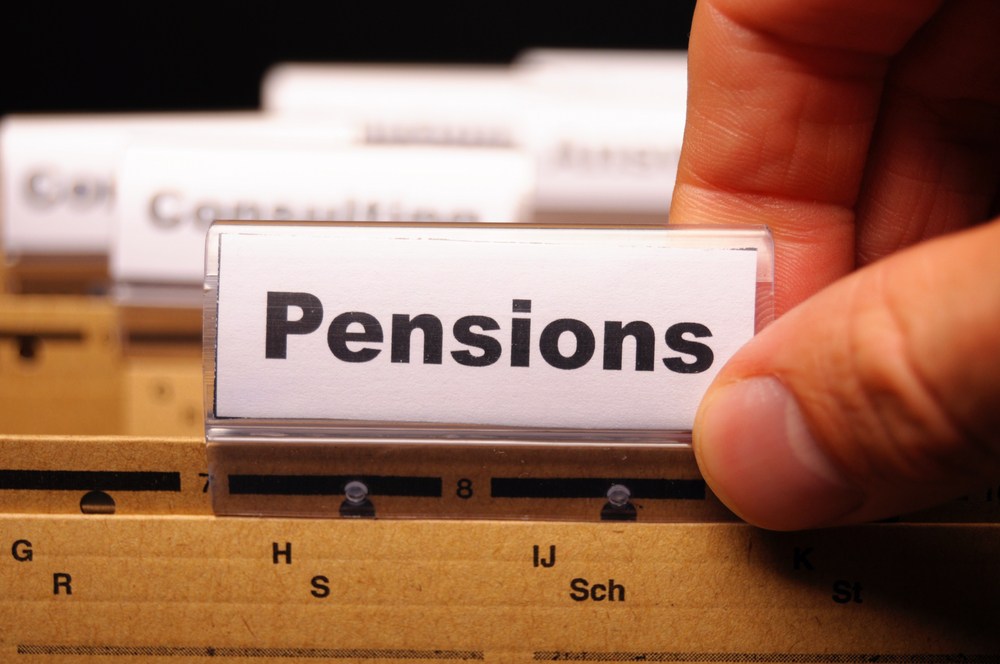The good news with the withholding tax is that the taxpayer will be exempt from tax for normal income received in 2018 (excluding exceptional income), to avoid double taxation in 2019 (with the current scheme and the one applicable from 1 January). But what are the consequences for tax deductions for payments into retirement savings plans?
Reminder: tax deductions
It's in an effort to popularize retirement savings that the government had decided that the contributions paid by each member of a tax household in the context of a PERP, a Madelin or a PREFON were eligible for a deduction from the overall gross income. However, this tax advantage sets the ceiling on the deductibility of contributions for year N at 10% of the net amount of all income net of activity costs declared for year N-1.
Is that a problem?
With the introduction of the withholding tax As of January 1, 2019, the taxpayer will not pay tax on current income in 2018. Payments made into a retirement savings plan will therefore not provide any tax benefits insofar as there will be no tax payable (except for exceptional income such as capital gains, compensation in the event of retirement, profit-sharing or participation. For more information, click here: https://www.lemonde.fr/argent/article/2018/03/05/quels-revenus-courants-et-exceptionnels-seront-taxables-en-2018_5265719_1657007.html
The "solution" proposed by the government
"The government has put in place an temporary arrangement to encourage taxpayers not to interrupt their payments this year: if payments made in 2018 are lower than those made in 2017 and 2019, investors will only be able to deduct in 2019 the average of the payments made in 2018 and 2019. The goal? To penalize those who make no payments this year. The gain? None.
How do I avoid being penalized?
Unless the Government has anticipated this by not making any contributions in 2017, the transitional arrangement put in place by the Government will not penalize the taxpayer if he or she does not make any contributions in 2018 either. On the other hand, contributors who have paid into a retirement savings plan in 2017 will have every interest in reproducing the same scheme in 2018 in order to benefit from tax deductions in 2019.
Alternatively, a contributor who has made a large payment on his or her PERP in 2017 may wish to make no payments in 2018 as in 2019, and resume payments in 2020. For a couple, it will also be possible to defer their savings effort from 2018 and 2019 by contributing to a LIRA opened in the name of their spouse (marriage or PACS) in 2019 (unless the spouse has already made contributions on their LIRA in 2017). This method will thus allow the full amount paid in 2019 to be deducted!
If you do not have a PERP or other open retirement savings plan, we recommend that you wait until January 1, 2019 to take advantage of the full deduction and not the 2018 and 2019 average.
